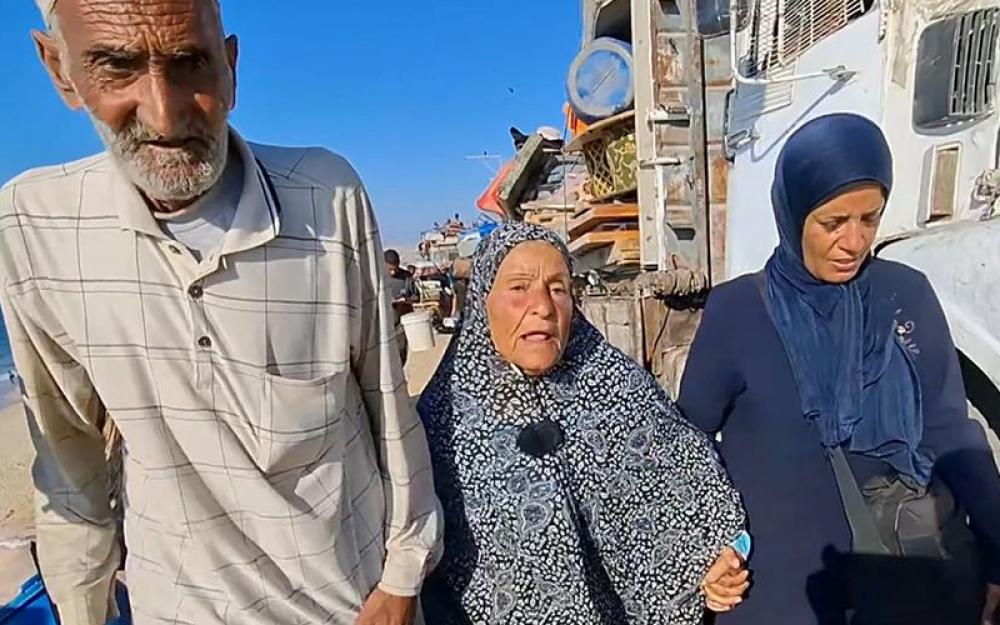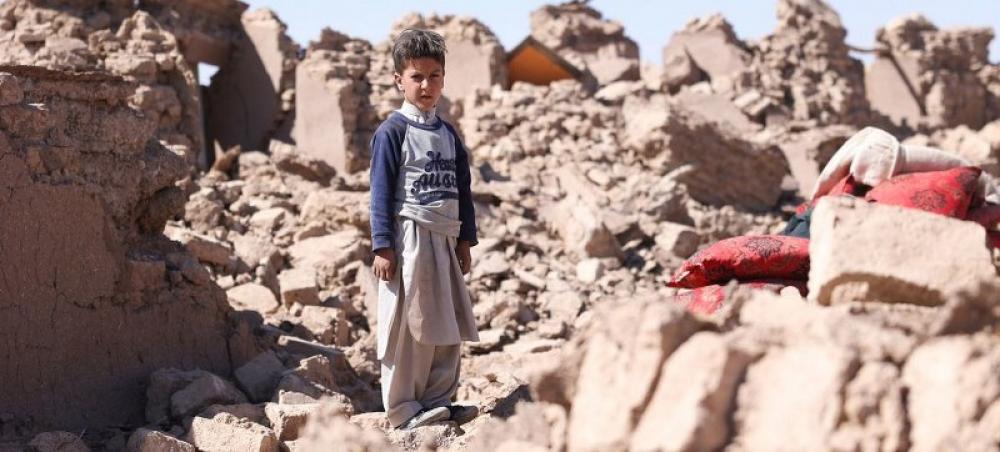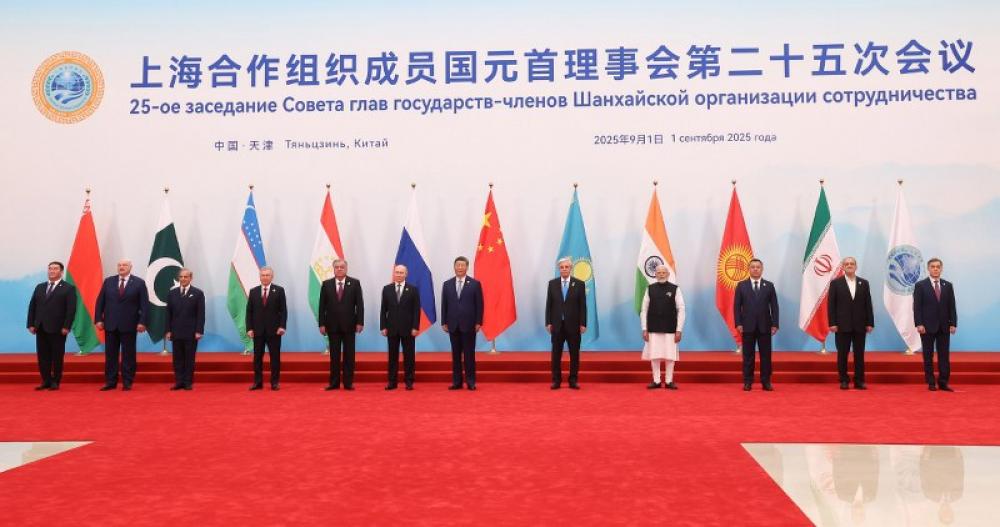Just Earth News | @justearthnews | 11 Sep 2024, 07:26 am Print
 REAIM Summit
REAIM Summit Image credit: REAIM official website
Seoul: China declined to sign the 'Blueprint for Action' agreement, which aims to prohibit artificial intelligence (AI) from controlling nuclear weapons.
The agreement was introduced at the Responsible AI in the Military Domain (REAIM) summit in Seoul on Tuesday (Sept. 10), attended by representatives from over 100 countries, including the United States.
Though not legally binding, the agreement seeks to ensure that "human control and involvement are maintained in all decisions related to nuclear weapons deployment."
It also states that "AI applications should be ethical and human-centric."
South Korean Defence Minister Kim Yong-Hyun described AI as a "double-edged sword," noting, "while AI enhances military operational capabilities significantly, it also poses risks if misused."
The summit's declaration did not outline any sanctions or penalties for breaches.
It acknowledged the need for substantial progress to keep pace with advancements in military AI and called for ongoing discussions to develop clear policies and procedures.
The Seoul summit, co-hosted by Britain, the Netherlands, Singapore, and Kenya, builds on the inaugural event held in The Hague last February.
It aims to be the "most comprehensive and inclusive platform for addressing AI in the military domain."
- Microsoft 365 Copilot controversy: ACCC claims 2.7 million Australians misled on subscription plans
- US: Baltimore school student handcuffed, searched after AI system mistakenly identifies bag of chips for gun
- UK: Indian-origin woman raped in West Midlands in 'racially aggravated attack', police release CCTV image of suspect
- Over 77,000 traffic accidents recorded on Balochistan highway in past five years: Reports
- Three killed in Russian drone strikes on Ukraine's Kyiv






